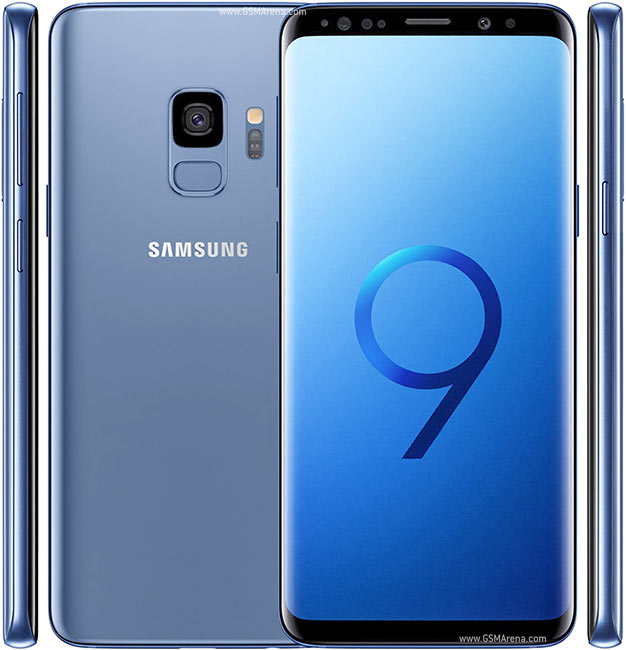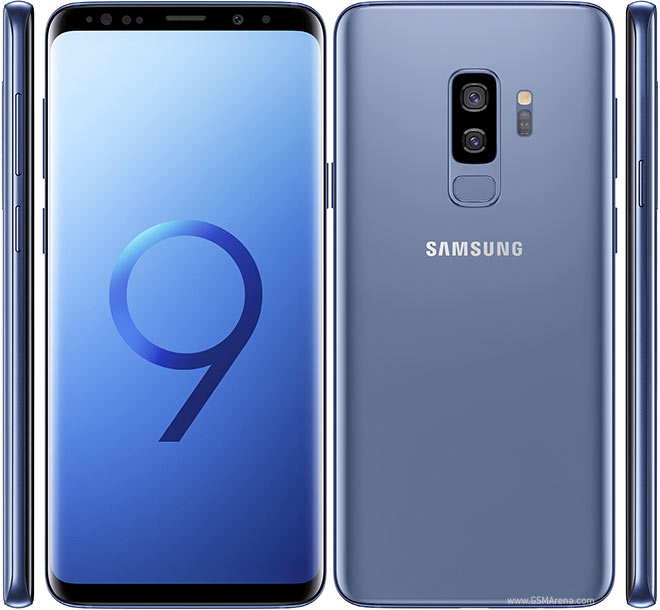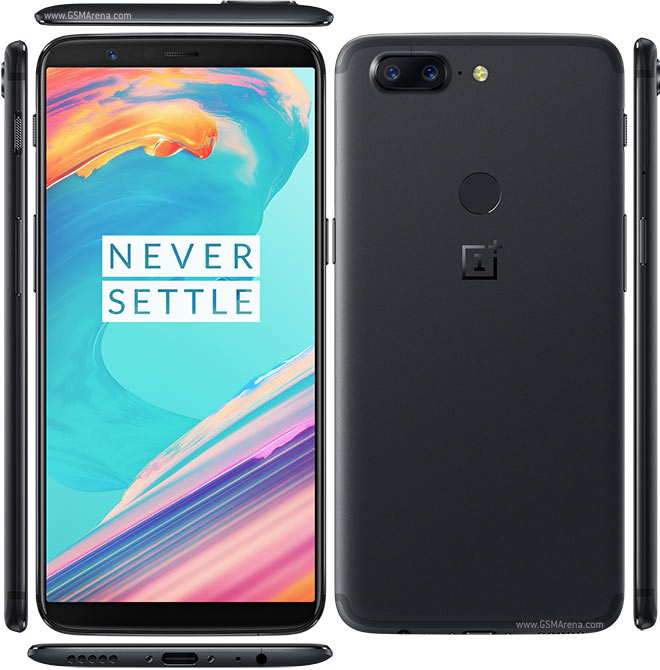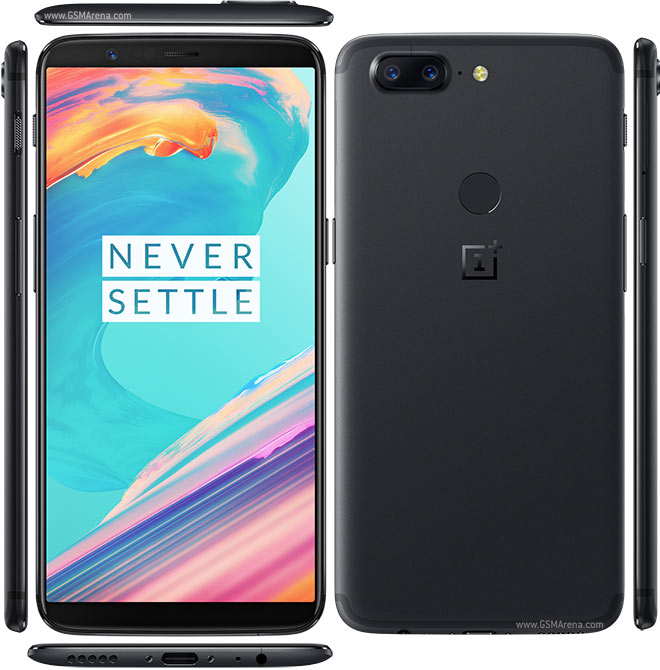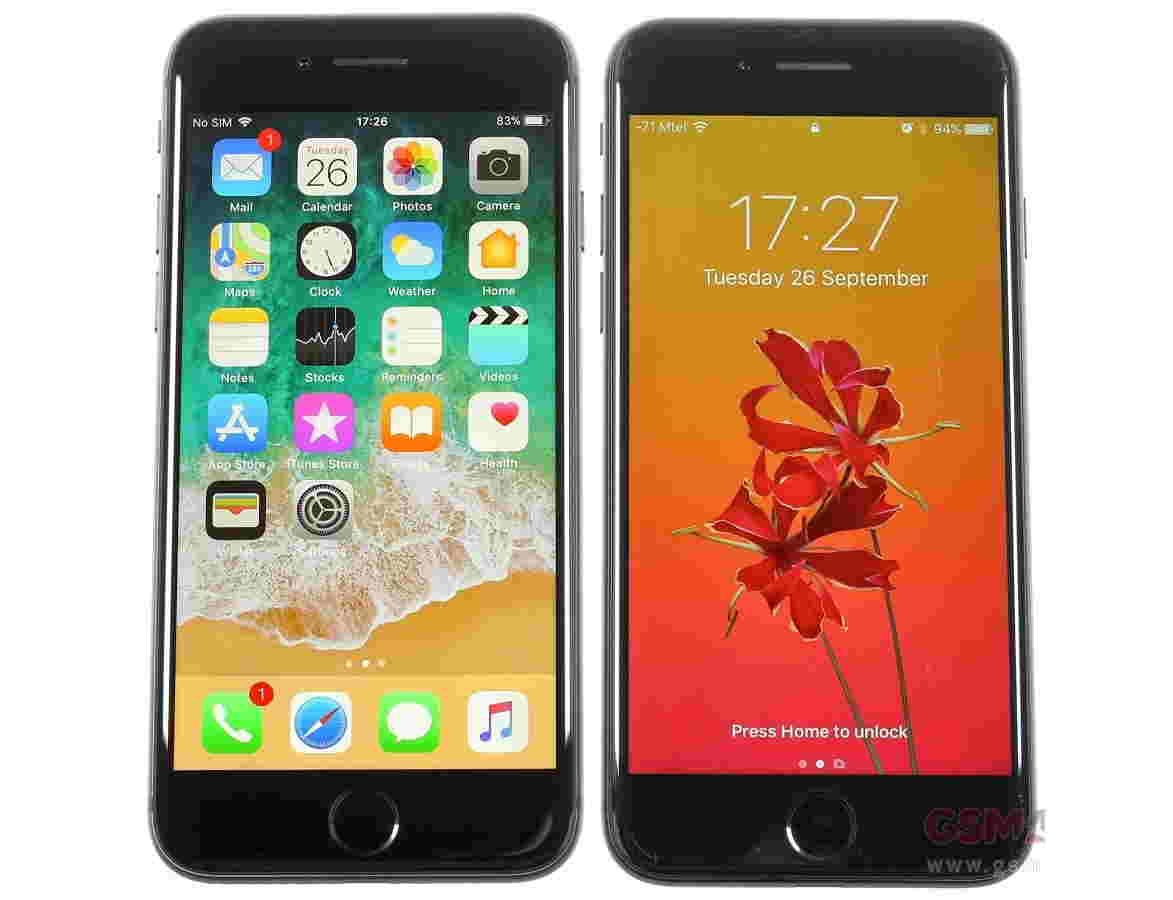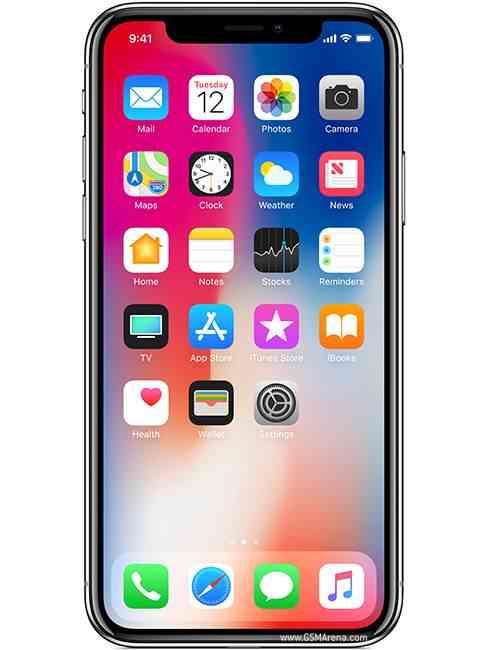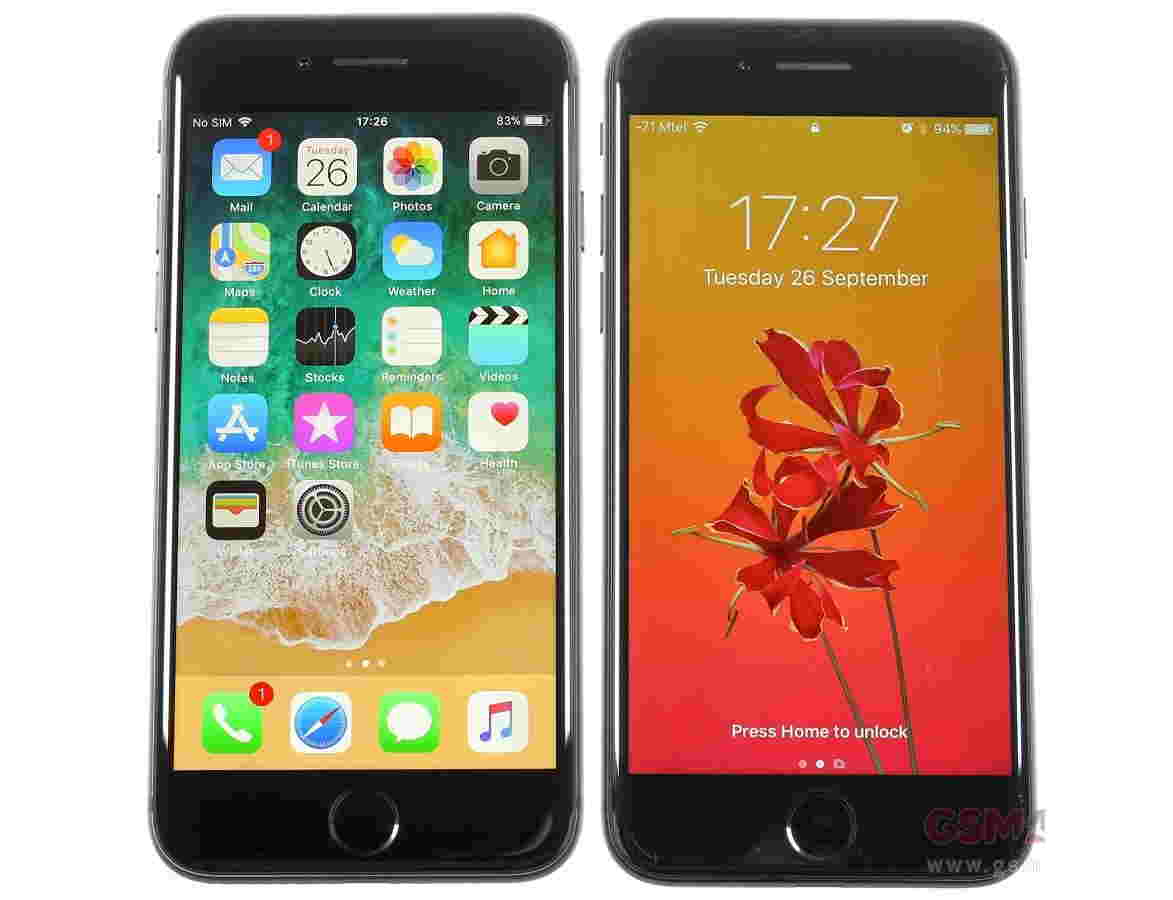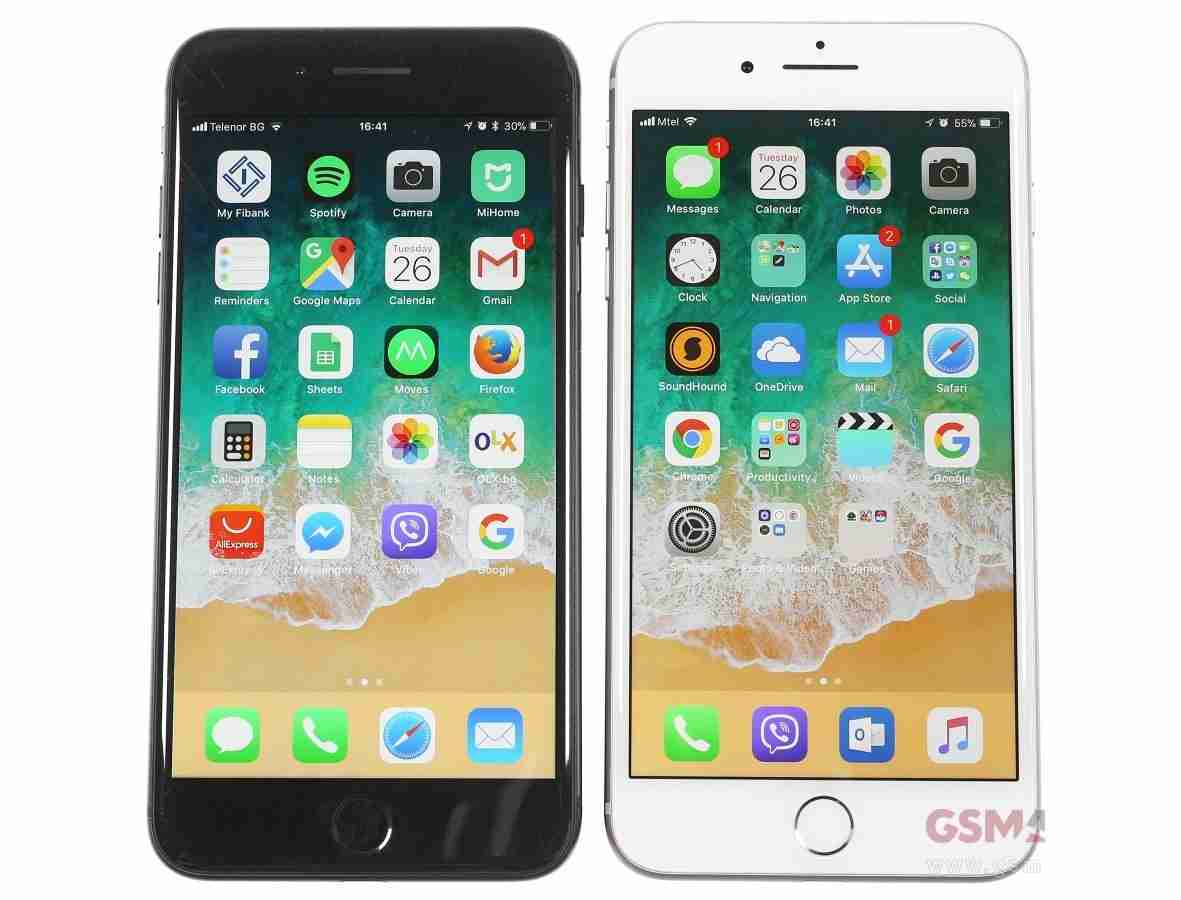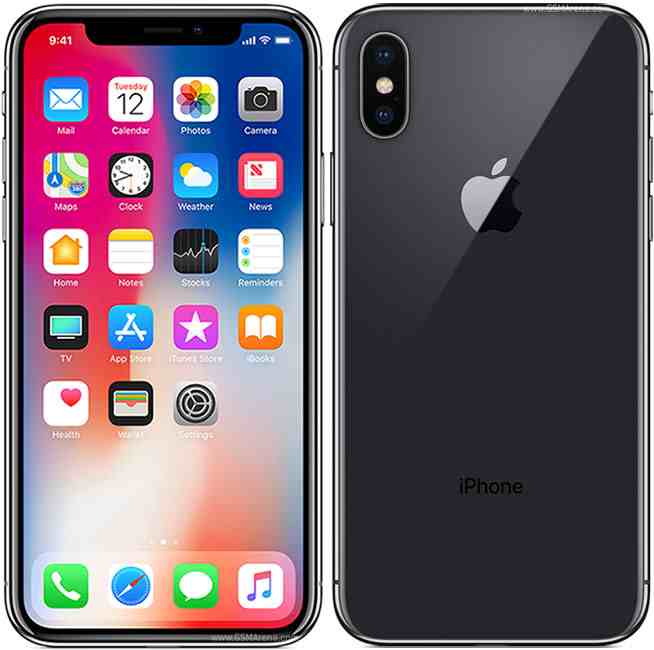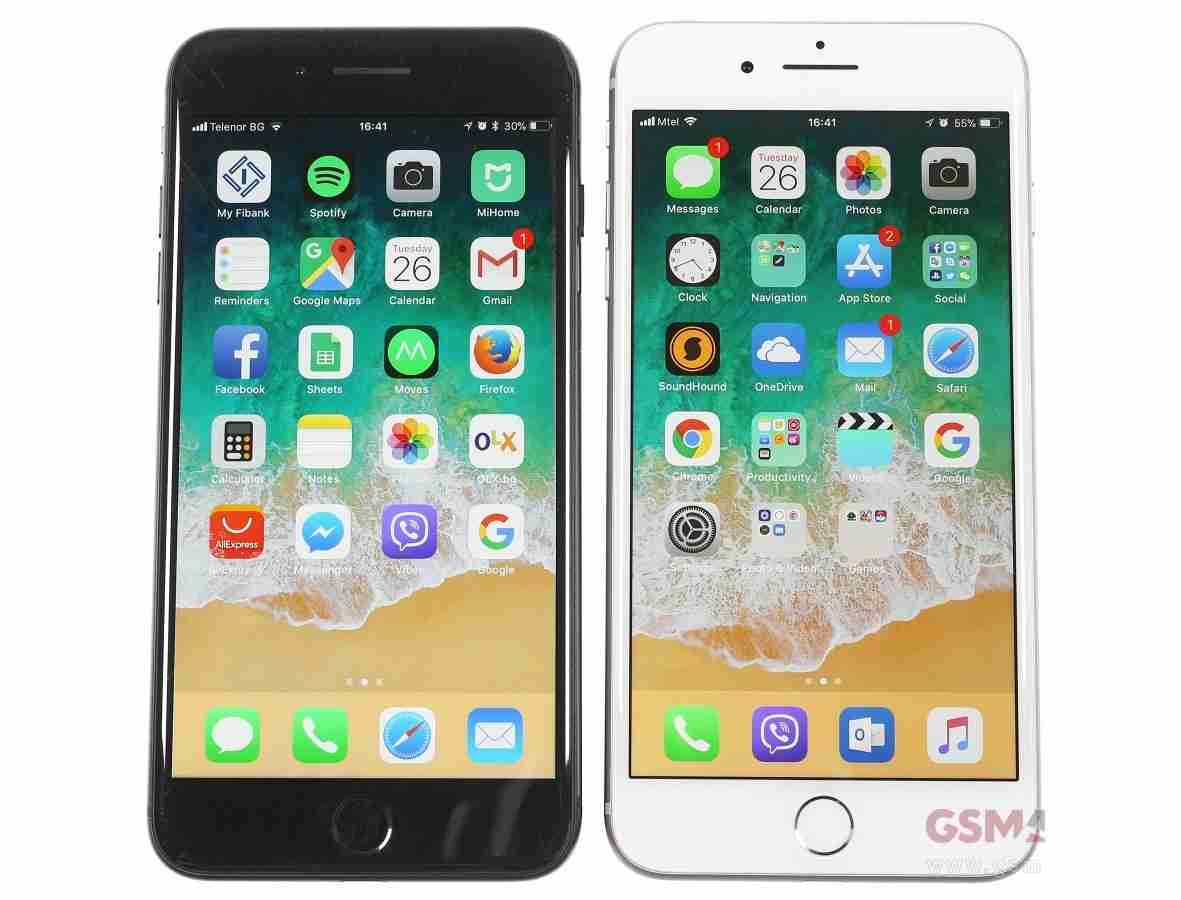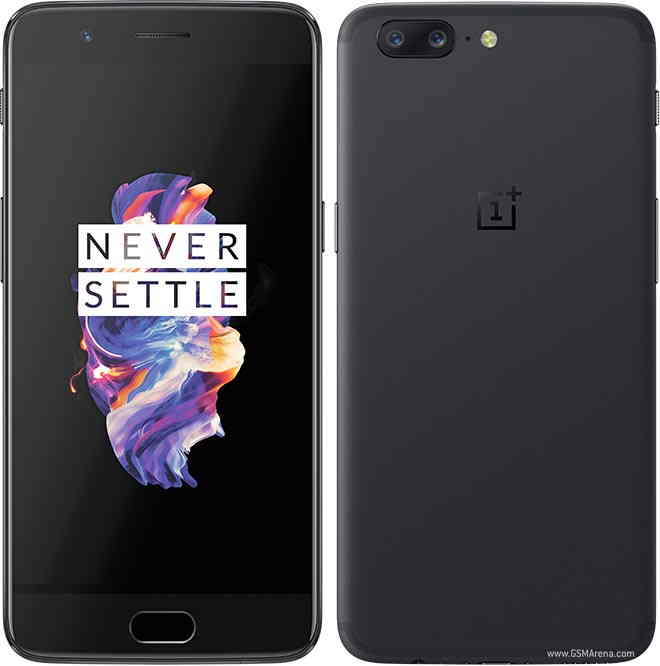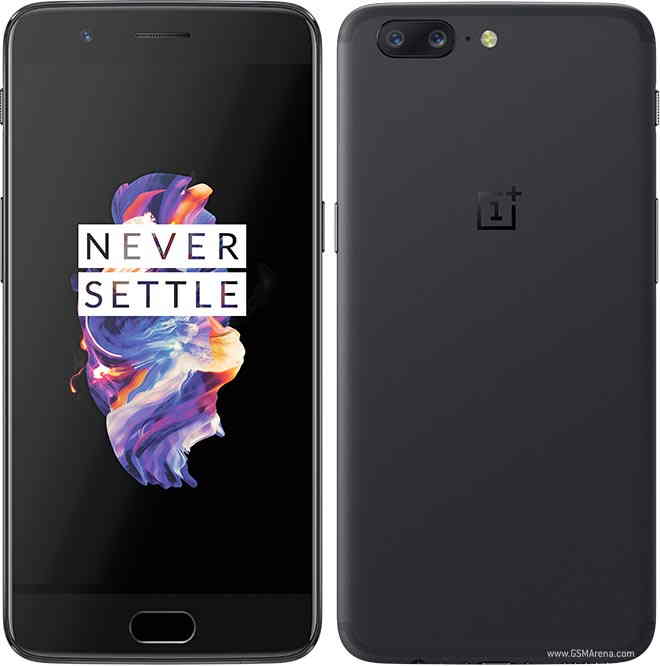
Samsung Galaxy Note 8 64 GB Prices
Important Note.
- All prices are in Pakistani Rupee (PKR)
- Prices may vary at stores and our effort will be to provide you with the updated prices.
- The latest price of Samsung Galaxy Note 8 64 GB was obtained on 17 مئی, 2019. The prices at the original stores had been updated on the respective mentioned dates.
- Find out WhatMobile price has dropped in Pakistan by selecting Notify Price Drop button
- Find out WhatMobile has better specifications by clicking Add To Compare Button find out what Mobile has better reviews by visiting our reviews section
- Find out WhatMobile is cheaper on which retailer by clicking Compare prices from retailers button
Search Terms
- Samsung Galaxy Note 8 64 GB
Specifications
| GENERAL | |
| 2G Network | GSM 850 / 900 / 1800 / 1900 - SIM 1 & SIM 2 (dual-SIM model only) |
|---|---|
| 3G Network | HSDPA 850 / 900 / 1700(AWS) / 1900 / 2100 |
| 4G Network | LTE band 1(2100), 2(1900), 3(1800), 4(1700/2100), 5(850), 7(2600), 8(900), 12(700), 13(700), 17(700), 18(800), 19(800), 20(800), 25(1900), 26(850), 28(700), 32(1500), 38(2600), 39(1900), 40(2300), 41(2500), 66(1700/2100) |
| Sim | Single SIM (Nano-SIM) or Dual SIM (Nano-SIM, dual stand-by) - IP68 certified - dust proof and water resistant over 1.5 meter and 30 minutes - Stylus - Samsung Pay (Visa, MasterCard certified) |
| Announced | 17/08/2017 |
| Status | Available. Released 2017, September |
| BODY | |
| Dimensions | 162.5 x 74.8 x 8.6 mm (6.40 x 2.94 x 0.34 in) |
| Weight | 195 g (6.88 oz) |
| DISPLAY | |
| Display Size | 6.3 inches, 101.1 cm2 (~83.2% screen-to-body ratio) |
| Resolution | 3840 x 2160 pixels (~773 ppi pixel density) |
| MultiTouch | Yes |
| Protection | Corning Gorilla Glass 5 - HDR10 compliant - 3D Touch (home button only) - Always-on display |
| SOUND | |
| AlertTypes | Vibration; MP3, WAV ringtones |
| LoudSpeaker | Yes |
| 3.5mm jack | Yes - 24-bit/192kHz audio - Active noise cancellation with dedicated mic |
| MEMORY | |
| CardSlot | microSD, up to 256 GB (dedicated slot) - single-SIM model microSD, up to 256 GB (uses SIM 2 slot) - dual-SIM model |
| Internal | 64 GB, 6 GB RAM |
| DATA | |
| GPRS | Yes |
| EDGE | Yes |
| Speed | HSPA 42.2/5.76 Mbps, LTE-A (4CA) Cat16 1024/150 Mbps |
| WLAN | Wi-Fi 802.11 a/b/g/n/ac, dual-band, Wi-Fi Direct, hotspot |
| Blue Tooth | v5.0, A2DP, EDR, LE |
| NFC | Yes |
| USB | v3.1, Type-C 1.0 reversible connector |
| CAMERA | |
| Camera Primary | 12 MP, f/1.6, OIS, phase detection autofocus, dual-LED (dual tone) flash |
| Camera Features | 1/2.3" sensor size, 1.55µm pixel size, geo-tagging, simultaneous 4K video and 9MP image recording, touch focus, face/smile detection, Auto HDR, panorama |
| CameraVideo | 2160p@30fps, 1080p@60fps, 720p@240fps, HDR, dual-video rec. |
| CameraSecondary | 8 MP, f/1.6, dual video call, Auto HDR |
| FEATURES | |
| Processor Cores | Octa-Core |
| OS | Android 7.1.1 (Nougat) |
| CPU | Octa-core (4x2.3 GHz & 4x1.7 GHz) - EMEA Octa-core (4x2.35 GHz Kryo & 4x1.9 GHz Kryo) - USA & China |
| Sensors | Iris scanner, fingerprint (front-mounted), accelerometer, gyro, proximity, compass, barometer, heart rate, SpO2 |
| Messaging | SMS(threaded view), MMS, Email, Push Mail, IM |
| Browser | HTML5 |
| Radio | No |
| GPS | Yes, with A-GPS, GLONASS, BDS, GALILEO |
| Java | No |
| Colors | Midnight Black, Maple Gold, Orchid Gray, Deep Sea Blue, Star Pink (Taiwan only) |
| Others | - Samsung Desktop Experience support - Fast battery charging - Qi wireless charging (market dependent) - ANT+ support - S-Voice natural language commands and dictation - MP4/DivX/XviD/WMV/H.265 player - MP3/WAV/WMA/eAAC+/FLAC player - Photo/video editor - Document editor |
| BATTERY | |
| Battery | Non-removable Li-Ion 3300 mAh battery |
| TalkTime | Up to 22 h (3G) |
| MISC | |
Reviews
27/01/2017 - 10:03am

The Samsung Galaxy Note 7 is as dead as 2016. But Samsung will return in 2017 with a follow-up device that, finger’s crossed, will not explode.
Samsung is now taking the precaution of sourcing its battery cells from a new supplier; reports state the firm will bring in fellow Korean OEM LG, or at least its subsidiary, LG Chem, to produce battery cells for the Galaxy Note 8. As far as we are aware, LG hasn't produced an exploding battery smartphone to date, so this SHOULD mean the Galaxy Note 8 will be a safe device for consumers.
The whole Galaxy Note 7 debacle has been an unpleasant thing to watch; we like Samsung's products, we like the Galaxy Note series, so to see the whole thing fall apart at the seams isn't exactly great. However, one of the more distressing aspects of the whole crisis was the idea of the lasting impact on Samsung; whether or not Samsung could recover from such a massive PR disaster and how badly it might affect the firm's earnings - make no mistake, this is the kind of thing that can put a permanent dent in a company's reputation and cash flow if not handled properly.
Samsung has now concluded its investigations into what was wrong with the Galaxy Note 7’s battery, officially ending months of speculation.
Samsung published a 50-minute video detailing exactly what happened and what caused the handsets to overheat and explode, as well as humble apology for the issues it caused its customers.
"First of all, I deeply apologize to all of our customers, carriers, retail, and distribution partners. [...] We believe that, as a first step to regain your trust, it is important to provide you with a thorough understanding of the cause behind the Galaxy Note 7 incidents and to implement a comprehensive plan to take preventative measures."
The extent of the investigations was enormous; Samsung built a new building for the express purpose of a thorough investigation. It also commissioned three independent reports and had 700 of its own engineers hard at work on the case.
Samsung Galaxy Note 8 Release Date & Specs: Launch & Release Date
Latest rumours suggest the Samsung Galaxy Note 8 will get a release inside the second half of 2017.
This gives Samsung enough time to market and sell a bunch of Galaxy S8 handsets before it brings its next-generation Note, arguably the more interesting release, to market.
Samsung Galaxy Note 8 Release Date & Specs: Design
Speaking to press on the findings of the firm's investigation into the ill-fated Galaxy Note 7, Samsung's mobile chief Koh Dong-jin confirmed the company would continue to develop, produce, and sell Galaxy Note series smartphones and devices.
More directly, he said in an interview with CNET, "I will bring back a better, safer and very innovative Note 8."
Samsung's investigations for the Galaxy Note 7, including surveys with consumers, appear to have only deepened the firm's resolve to correct things and NOT to abandon the Galaxy Note brand.
"We found through the investigative process, we knew there are lots and lots of loyal Note customers," he said. Samsung US president, Tim Baxter, added that its surveys revealed a lot of Galaxy Note 4 and Galaxy Note 5 buyers are still waiting for a new Galaxy Note model to upgrade to.
"They made it clear, they want a Note," he said. For Koh, as well as wanting to earn back customers which have been lost, and to keep happy the ones who are still patiently waiting, there is the personal aspect in keeping the Galaxy Note brand alive - his team was largely responsible for co-developing the original signature S-Pen stylus with Wacom.
According to December 19 2016 reports out of Samsung's home nation of South Korea, the Galaxy Note 8, assuming that's its name, will use a battery cell sourced from fellow Korean firm LG. The word comes via The Investor, which claims that although things are not final, Samsung is in talks with LG Chem, LG's subsidiary company which, amongst other things, produced battery tech, with an eye to LG Chem not only providing the Galaxy Note 8 battery in 2017, but also for subsequent smartphone models from Samsung.
The report adds that a deal being reached is "likely". It would appear Samsung is attempting to branch out to other battery suppliers following the Galaxy Note 7 exploding battery debacle which causes the handset to be discontinued. The Note 7 used faulty batteries from Samsung's existing suppliers, its own Samsung SDI subsidiary and Chinese firm ATL; although it was the batteries from Samsung's own subsidiary which were explosive.
On January 3 2017, new details have emerged which claim the Galaxy Note 8 will feature a 4K display and Samsung's much-rumoured Bixby AI assistant, which is also pegged to be a main feature aboard the Galaxy S8 flagship due for launch much earlier in the year. The word comes via sources speaking to Business Korea, which also allege that more Galaxy Note 8 related info will come to light following Samsung's release of its investigative report into the Galaxy Note 7, due for publication later in January.
It cites an official from one of Samsung's partner companies: "Samsung will introduce 2K resolution displays in the Galaxy S8, but it will use 4K resolution displays in the Galaxy Note 8 to realize improved virtual reality (VR) functions. I heard that it will connect with new Gear VR wearable."
The report also notes that in January a Samsung official has once again confirmed the company's plans to release a Galaxy Note 8 device. It is expected in the second half of the year:
"The Galaxy Note 7 was very popular before user reports began circulating about devices that exploded or caught on fire while charging. As the phablet market, which was developed by Samsung Electronics, has been growing, the company will release the Note series this year again," said the spokesperson.
Samsung Galaxy Note 8 Release Date & Specs: Specs & Hardware
The Samsung Galaxy Note 8, true to form, will be one hell of a handset and the most recent rumours suggest Samsung will outfit the handset with a 4K display in order to maximise the Note 8’s VR capabilities.
Other updates will likely include a refresh to the design, as the build of the handset is said to be one of the factors that contributed to issues with Galaxy Note 7, a bump in processing power, new dual-camera technology and likely more RAM.
Reports suggest Samsung has also revised and updated its S-Pen stylus as well but potentially the biggest new addition to the handset – and Samsung’s phone ecosystem at large – is the company’s new AI technology, known as Bixby.
Bixby was developed by the creators of Siri, a company called Viv Labs. Do not be fooled by the connection, however, as reports suggest Bixby will be A LOT more advanced than Siri.
Bixby is shaping up to be Samsung’s answer to Amazon’s Alexa and Google’s Assistant, which are two of the smartest digital assistants on the planet right now.
Bixby won’t just appear inside the Galaxy Note 8, though. Reports indicate that Samsung will bring it to the Galaxy S8 inside Q1 2017, as well as other products in its ecosystem like Samsung's SmartThings platform which could be HUGE in 2017/18.
Samsung Galaxy Note 8 Release Date & Specs: Camera
You may have noticed that dual-sensor camera designs were quite popular in 2016, appearing on a handful of phones, including the iPhone 7 Plus, LG G5, Huawei P9 family, and Huawei Mate 9, to name but a few that immediately spring to mind. Of course, the feature isn't that new, it's just the first year in which it's really taken off - HTC was first to market with the tech a while back but poor implementation meant it didn't cut the mustard for its first outing.
There have been plenty of rumours of pretty much every major manufacturer and their forthcoming premium devices packing dual-camera tech at some point or other. However, to date, although its Galaxy S and Galaxy Note series have been rumoured for dual-camera tech, so far Samsung hasn't jumped on the bandwagon.
That could be about to change though. While we should stress as always that mobile tech patents are filed all the time by major OEMs only to never materialise, word has emerged on January 3 2017 that Samsung has filed a patent for a dual-sensor camera.
The patent was picked up by sources in Korea, where it was filed.
"The diagrams in the 37-page document clearly states that Samsung is aiming to enhance the quality of both the background and objects in the foreground," reports GSMArena.
"The wide-angle lens scans for anything that is a moving object and if there’s any, the second lens - the telephoto one tracks the image in real time and enables you to adjust zoom and other settings without losing focus."
It's tantalising to speculate that such tech might appear in the Samsung Galaxy S8, Galaxy X or Galaxy Note 8, although given that the Galaxy S8 is pegged to be arriving some time between March and May it seems unlikely there would be time to implement the new tech unless it's already been developed and, frankly, had it already been developed we'd expect to have seen leaks and other details much earlier. Still, it could be a viable candidate for the other two handsets, as these are both rumoured to be coming in the second half of 2017.
Write Your Own Review
My Recent Reviews
- Be first to post review for this product.
comments powered by Disqus








-32-GB.jpg)


.jpg)





